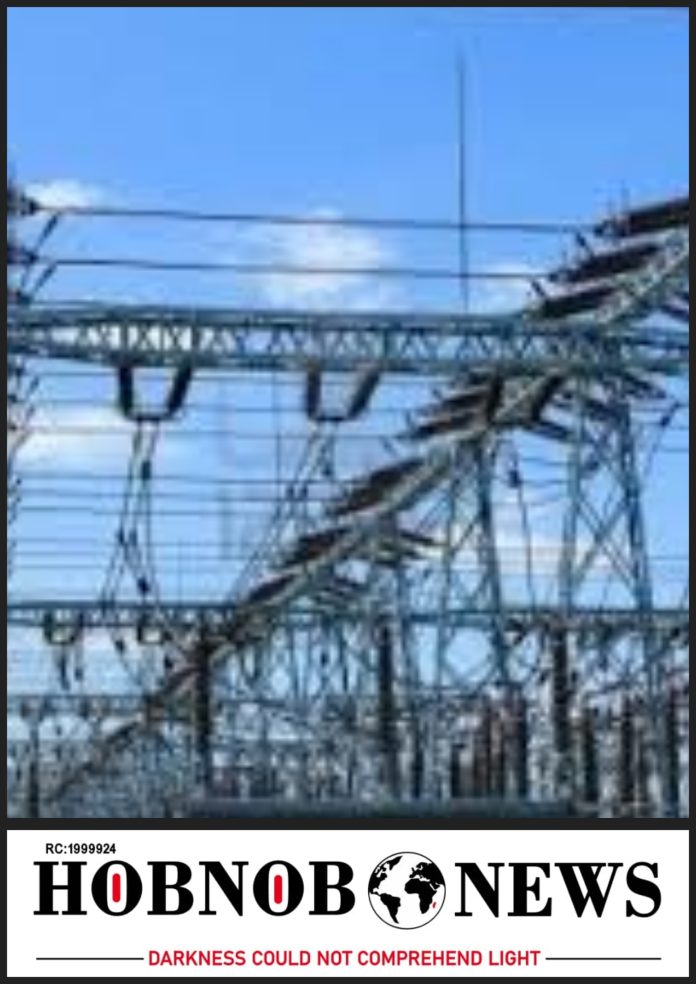The federal government has directed all 11 electricity distribution companies (Discos) across the nation to be prepared to receive and distribute at least 6,100 megawatts (MW) of electricity within the next six months.
Minister of Power, Adebayo Adelabu, made this known along with plans to secure funding ranging from N250 billion to N300 billion annually over the next four to five years to address the metering gap, with a N75-billion seed capital from President Bola Tinubu’s administration and additional debt capital from the Nigeria Sovereign Investment Authority (NSIA).
Adelabu disclosed these plans during visits to the Eko Electricity Distribution Company (EKEDC) in Lagos and the Momas Electricity Meters Manufacturing Company Limited (MEMMCOL) in Ogun State.
He also mentioned a forthcoming legislation to replicate local content laws in the power sector. Adelabu emphasized the necessity of the Discos being prepared to handle 6,100MW of electricity following successful system stress tests by the Transmission Company of Nigeria (TCN), demonstrating its ability to transmit over 8,100MW, alongside proposed plans for a partial Sovereign Risk Guarantee (SRG) to bolster generation companies’ (Gencos) capacity.
Adelabu revealed a strategic plan to utilize Eko and Ikeja Discos as model Discos to pilot test effective supply methods to be implemented sector-wide.
Additionally, he stated the government’s goal of providing approximately 2.5 million prepaid meters annually as part of President Tinubu’s Renewed Hope Agenda, aiming to close the metering gap and promote locally-made products in the power sector.
Adelabu reiterated the administration’s commitment to supporting local original equipment manufacturers (OEMs) through proposed legislation promoting local content in the power sector, including the Presidential Metering Initiative targeting the installation of 2 million to 2.5 million meters annually over the next five years.
In his words:
“Even if we cannot close it 100 per cent as there will be new connections, we have to reduce it significantly and the government cannot do it alone. We have to do it jointly with all parties because we all contributed to the decay in the sector and we must also contribute to reversing the decay”, the minister stated.He maintained that the initiatives would encourage investors to risk their equity and debt capital to establish local industries.
“In the power sector, it is our choice to have significant local content in our projects and our contracts. We are trying to work on a bill now that will legislate local content for the power sector just like we have in our oil and gas. That is the only way we can sustain local producers. So, that is the reason I am here.

